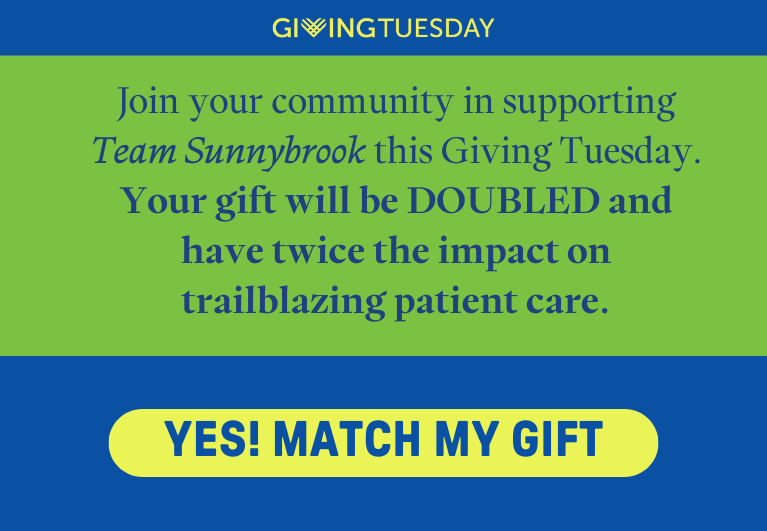Unsafe Drivers With Dementia A Growing Concern: Responsibility to be shared, say doctors
As the number of people with dementia continues to escalate, clinicians are advocating that health care providers, government and service providers need to join together and share the responsibility for assessing the risk of drivers with dementia.
“Of all the activities of daily life that are affected by dementia, driving is potentially the deadliest,” says Dr. Mark Rapoport, lead author of a new paper and a geriatric psychiatrist at Sunnybrook Health Sciences Centre. “A forecast for a dramatic rise in dementia patients as boomers age means we all have to prioritize this issue and take it very seriously as it’s a major public health concern. In cases of child abuse, physicians are not expected to perform assessments of abuse themselves nor are the suspected adults expected to pay for these assessments. Similarly, placing the burden of assessment on the physician for assessing driving ability in dementia is unreliable and unacceptable.”
The clinicians propose a number of solutions in a paper published in the September 11 issue of the Canadian Medical Association Journal. The first and foremost solution required, say the authors, is improved access to specialized on-road testing, and the funding required for it. “On-road tests are currently the best predictor in gauging driving ability in patients with dementia,” says Dr. Rapoport, also an Assistant Professor in the Department of Psychiatry at University of Toronto. “In most cases, physicians don’t get to see their patients drive; they only hear patients’ accounts and family members’ testimonials, which can be biased.” In addition, there is a lack of available and affordable specialized testing as the cost of testing is currently borne by the patients themselves, which again is highly ineffective and unrealistic.
The authors also stress a need for improved education for physicians to help them recognize dementia and driving assessment. While there are guidelines and tools available, many physicians remain uncertain as to how to apply them to individual patients. Furthermore, there is no clear way to define “mild” dementia in terms of the illness’ effect on driving, as each patient is individual and symptoms and abilities can vary widely from case to case.
There needs to be clearer legislation directly addressing dementia, and more research needs to be put into the development of tools for office-based driving assessment for physicians.
Finally, the authors also suggest there needs to be increased support and transportation alternatives to help patients and caregivers cope with driving cessation.
“All patients with progressive dementia will become unsafe drivers in the later stages of their illness,” says Dr. Rapoport. “It’s patients in the earlier, milder stages that require assessment.”
Sunnybrook is transforming health care through the dedication of its more than 10,000 staff and volunteers. An internationally recognized leader in research and education and an affiliation with the University of Toronto distinguishes Sunnybrook as one of Canada’s premier academic health sciences centres. Sunnybrook specializes in caring for critically-ill newborns, adults and the elderly, treating and preventing cancer, neurological and psychiatric conditions, cardiovascular disease, orthopaedic and arthritic conditions and traumatic injuries.










